From Captivity To Freedom: 36 Wild Animals Are Returned To The Jungle In Guatemala
Photos by: Humane Society International
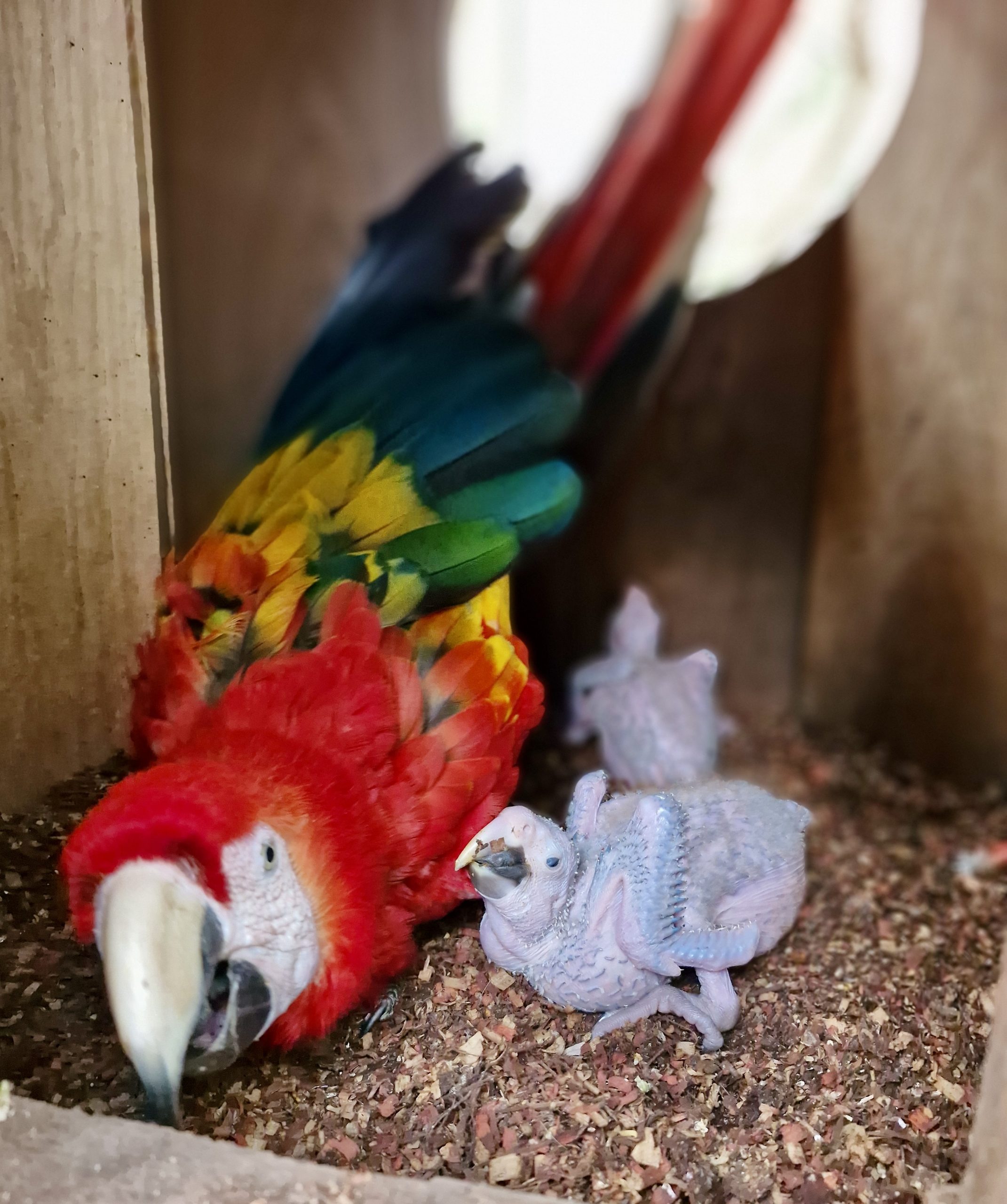
The animals, including six coatis, eight chachalacas, seven opossums, five pygmy owls, three kinkajous, and two gray falcons, were rehabilitated before their release in the Mayan Biosphere Reserve. Their return was authorized by the Guatemalan National Council of Protected Areas (CONAP).
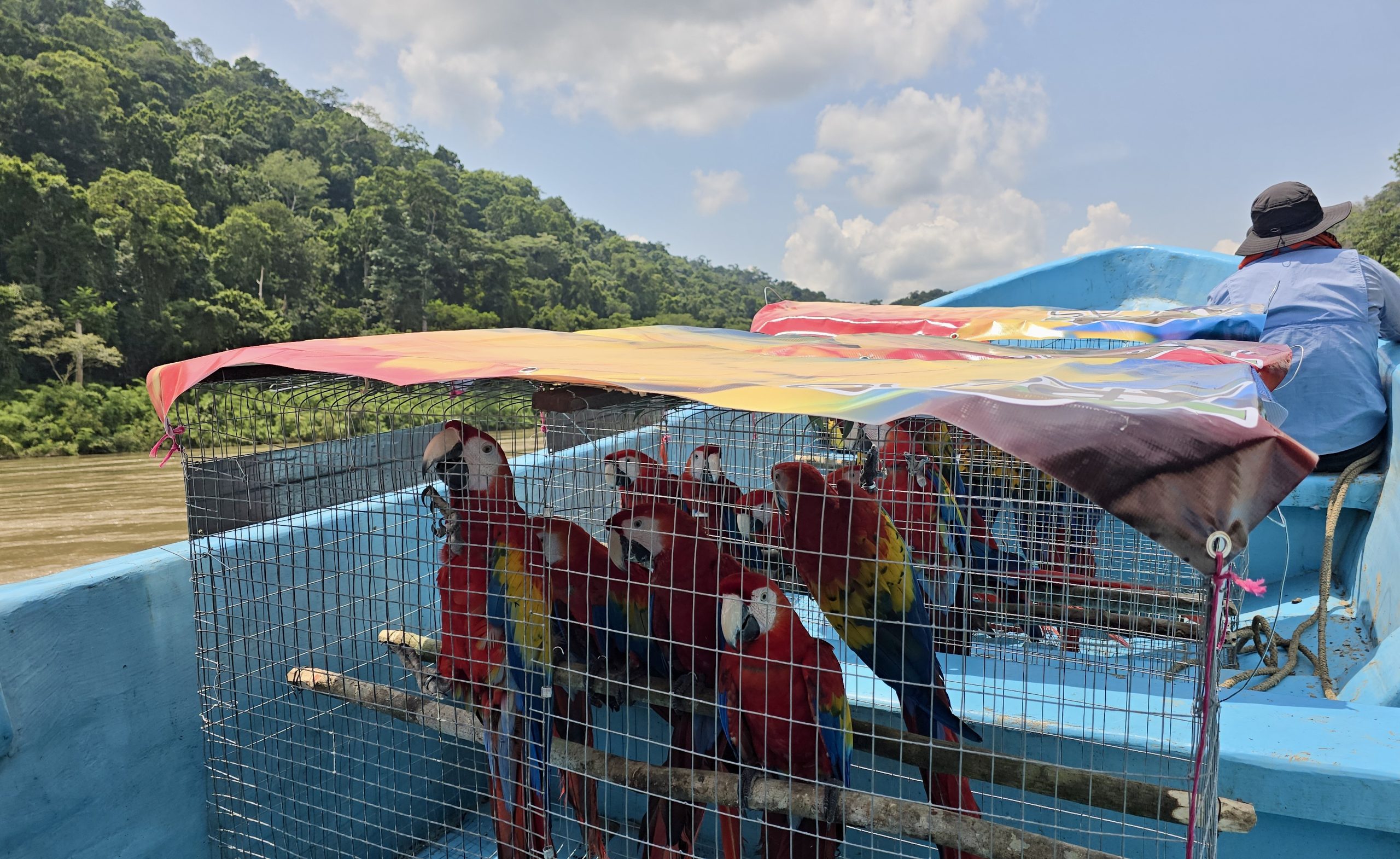
Many of these animals were taken from their habitats to be kept as pets, which often leads to health issues. A woolly opossum, for instance, had its fur turn from brown to white due to improper nutrition and care.
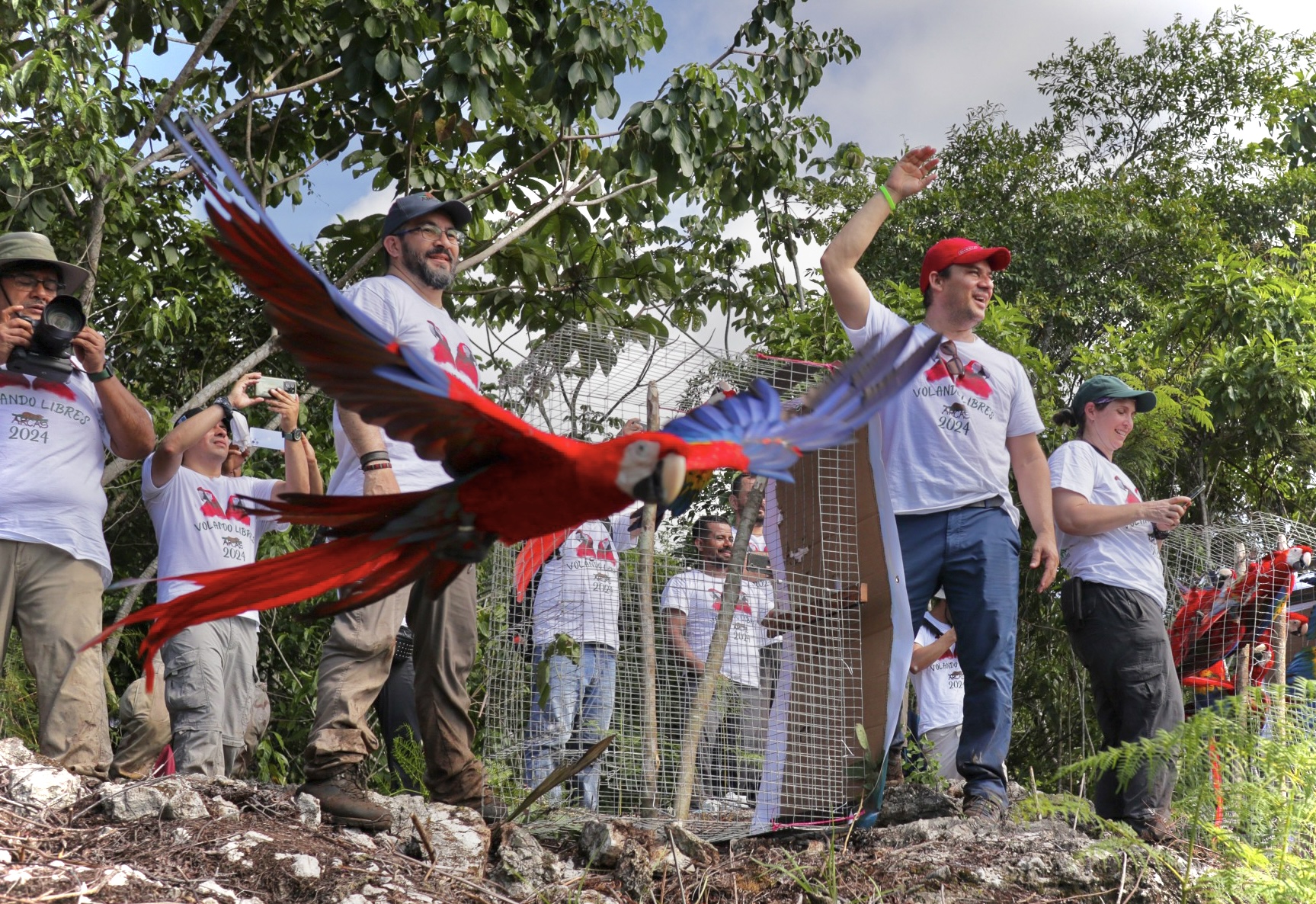
“After carefully monitoring the opossum’s diet and keeping them away from human contact, the fur returned to its natural color and the animal no longer sought human interaction,” said Fernando Martinez, director of ARCAS Peten. “We also released a white falcon who came to the rescue center with damaged feathers and a leg injury, as it had apparently been tied up for a few days. After treating the wound, its feathers regenerated and the bird once again had the appropriate plumage to fly and return to freedom.”
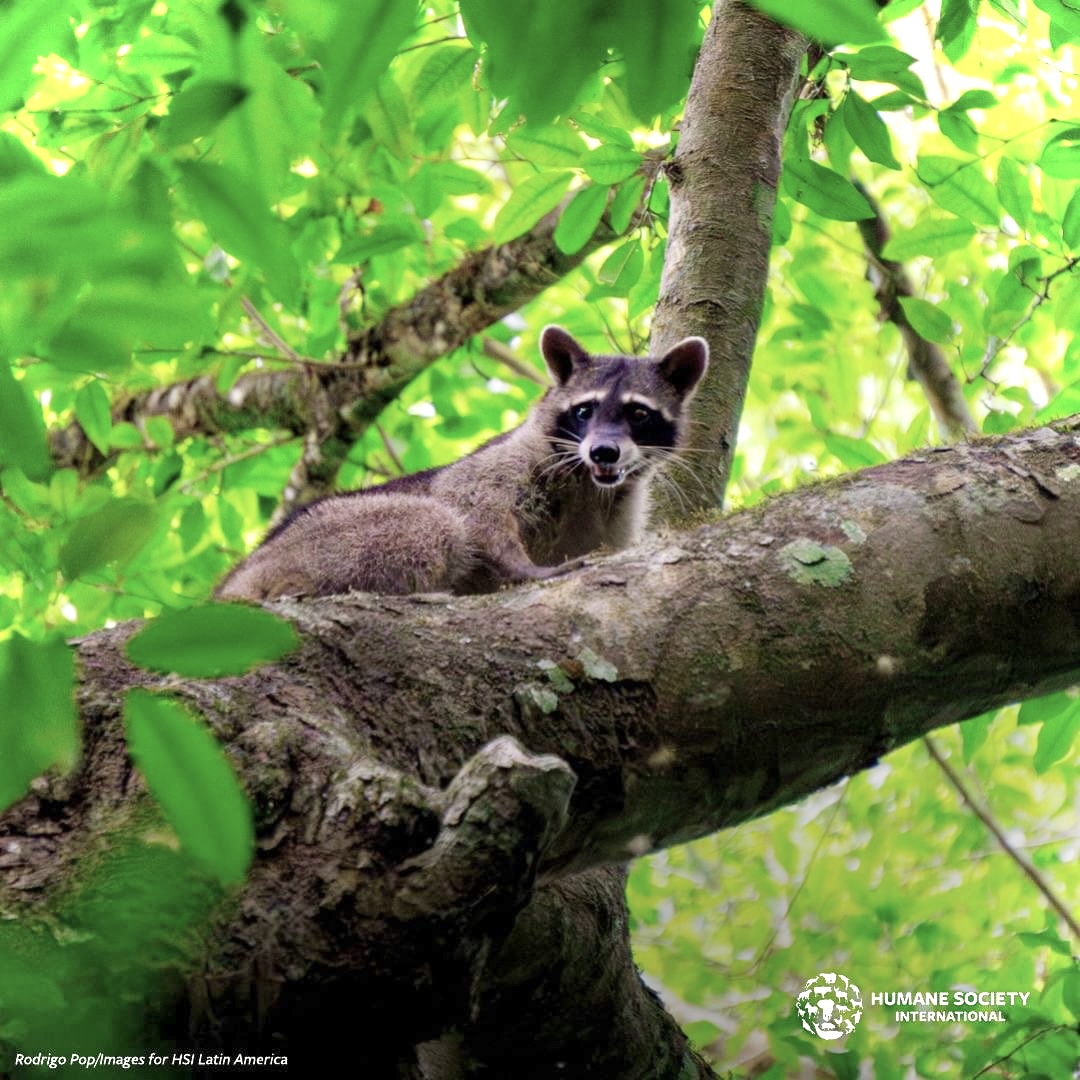
“The capture of wild animals for the national and international pet trade is a real problem in Guatemala. These animals are often kept in cramped, inadequate conditions not suitable for their species, and denied the ability to exhibit their natural behaviors, which can further cause them physical and psychological distress,” said Andrea Borel, executive director of HSI/Latin America.
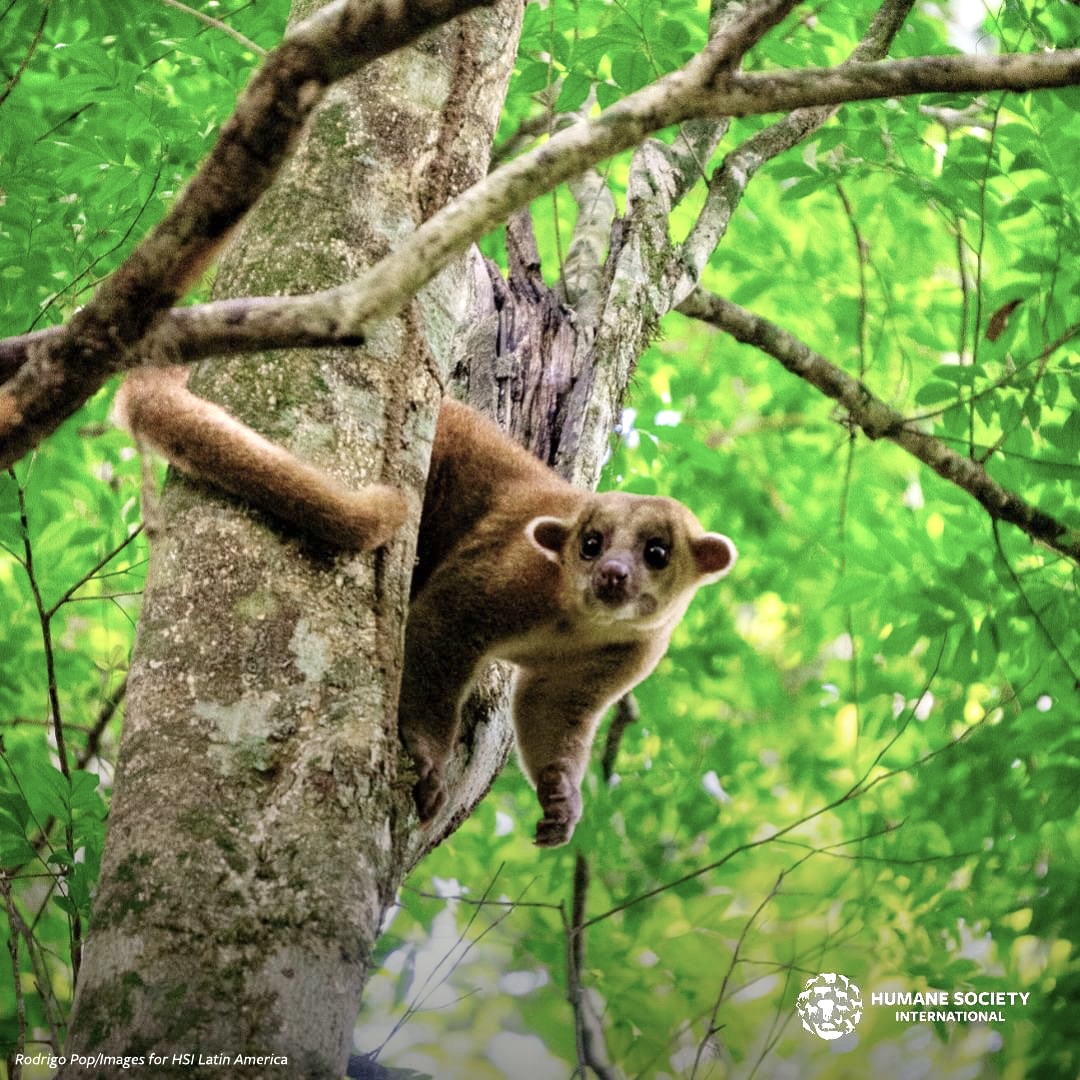
“By supporting and working with our local partner, ARCAS, in rescue, rehabilitation, and release efforts, these animals are being returned to freedom and their wild populations are being increased to ensure future breeding in their natural habitat, where they belong,” continued Borel. “We also work together on raising awareness to urge citizens not to buy wild animals as pets and to report any such suspicious activity to the authorities.”
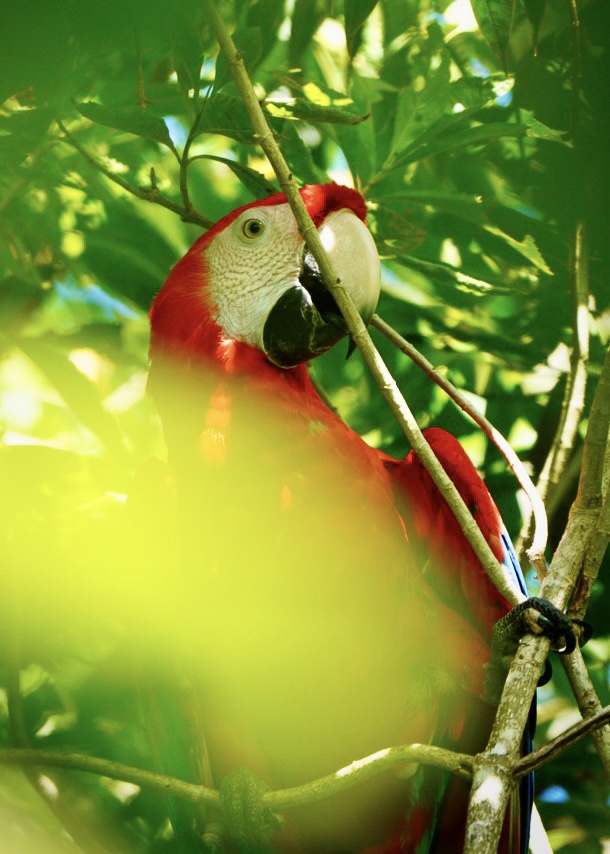
ARCAS focuses on the physical, medical, and behavioral rehabilitation of animals affected by wildlife trafficking and other human exploitation. Since 2007, HSI/Latin America has partnered with ARCAS to protect and conserve wildlife in Guatemala.